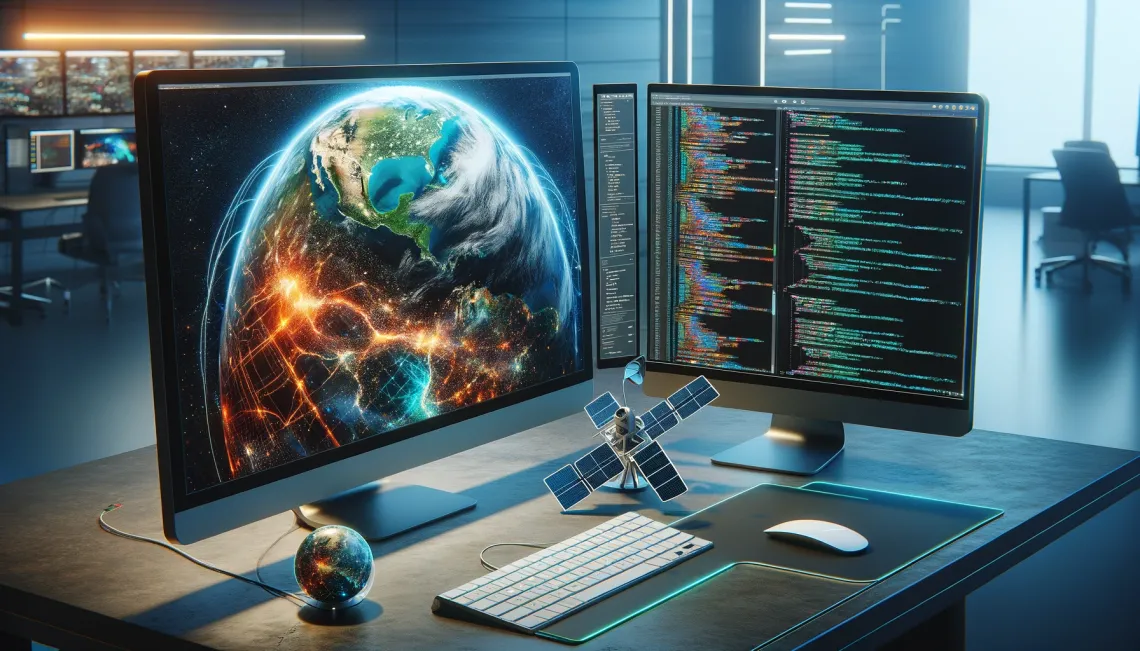Series: NextGen Geospatial: AI & Cloud tools for Geographic Analysis

When
Have you ever downloaded someone else's code and it wouldn't run on your machine? You are not alone! Reproducible analysis code is a significant problem and a serious drag on Open Science and building on each other's work. Fortunately, there are software technologies that can help us out. In this session, we will cover the basics of software containers (i.e., Docker) and then show you how they can be sequenced to form reproducible analysis pipelines. As an example, we will process drone imagery using OpenDroneMap, and analyze drone point clouds using PDAL.
This session is part of the NextGen Geospatial workshop series that teaches cutting-edge topics around GIS and remote sensing. Each workshop session is designed to be a discrete lesson where students will walk away with specific knowledge on a tool and resources to explore deeper. Our goal is to demystify vocabulary and show you how to use these tools with straight forward examples.
We welcome students and professionals from any field that are interested in expanding their geospatial skillset. A variety of skill levels are also welcome, though each lesson will assume the audience has limited experience on the topic. Basic knowledge of scripting languages (mostly python) and some prior geospatial experience will be helpful. Some of the lessons will include gentle live coding, but the focus will be on the big picture of what the code is doing. Jupyter notebooks with pre-written python code will be provided for these lessons.
SERIES: NextGen Geospatial: AI & Cloud tools for Geographic Analysis:
When: Tuesdays, 2:00 - 3:00 PM, Sep 3 - Oct 29, 2024
Where: Weaver Science-Engineering Library, Rm 212 and on Zoom
Instructor: Jeffrey Gillan
YouTube: See below for video links.
10/29 Learn about SpatioTemporal Asset Catalogs (STAC):Let's Build a Global Data Catalog! - YouTube
REGISTER FOR WORKSHOP Add the Series to your calendar. Add to calendar

